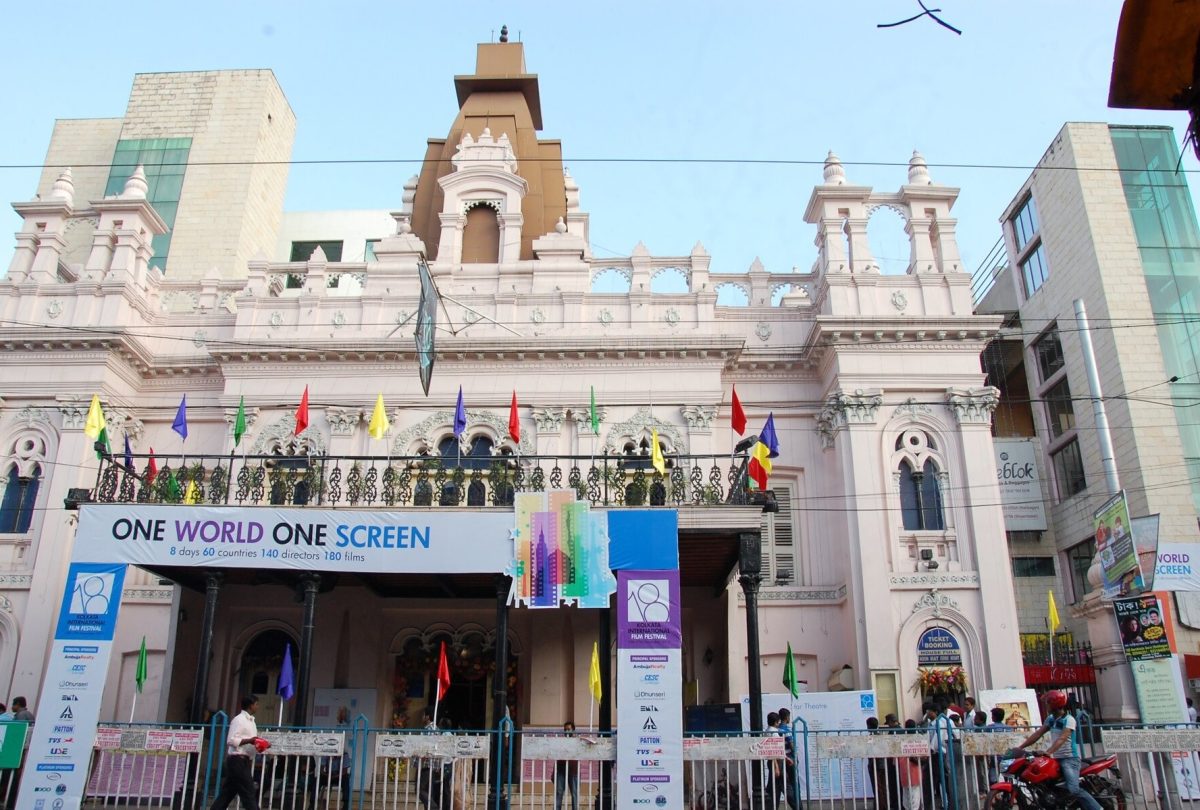
The date of 21st July is recorded in the history of the country and the world for many important reasons. This date has special significance for the staging of plays in Kolkata. Star Theatre was started in Kolkata on 21st July, 1883 and the play Daksha Yagya was staged. This theatre is called the heartbeat of Kolkata. Daksha Yagya was written by Girish Chandra Ghosh and he played the lead role in it.
This theatre was opened by Girish Chandra Ghosh, Binodini Dasi, Amritlal Basu and many others. It is said that earlier this theatre was to be named Binodini after Binodini Dasi, but at that time acting was not considered a decent profession for women, so the theatre was named Star. The money required to start Star Theatre was given by Gurumukh Roy. However, later for some reason Gurumukh Roy sold it for 11 thousand rupees. A total of 20 plays were staged at Star Theatre from 1883 to 1887.
In 1888, the theatre was shifted to its present location at Bidhan Sarani. It has hosted many eminent personalities like Amritlal Mitra, Amrita Mukherjee, Sarju Devi, Sisir Kumar Bhaduri, Soumitra Chatterjee, Uttam Kumar and Geeta Dey. In 1898, Swami Vivekananda called a public meeting in this theatre to introduce Sister Nivedita. Sri Ramakrishna Paramahamsa and Rabindranath Tagore were also present in the audience. When films were introduced in India, Hiralal Sen's film was also screened in this theatre. In 1931, Manmath Roy's play 'Karagar' was staged in this theatre. This was the last play staged in this theatre. Presently, it has been converted into a cinema hall. Now, plays are staged occasionally. The acoustics of this theatre is famous. Its interiors have been modernised, but its façade still remains a heritage. Tourists can park their vehicles in its underground space. Tramcars and their tracks add to the charm of this heritage. In 2012, the Star Theatre was returned to civic ownership to prevent commercialisation.
 look news india
look news india